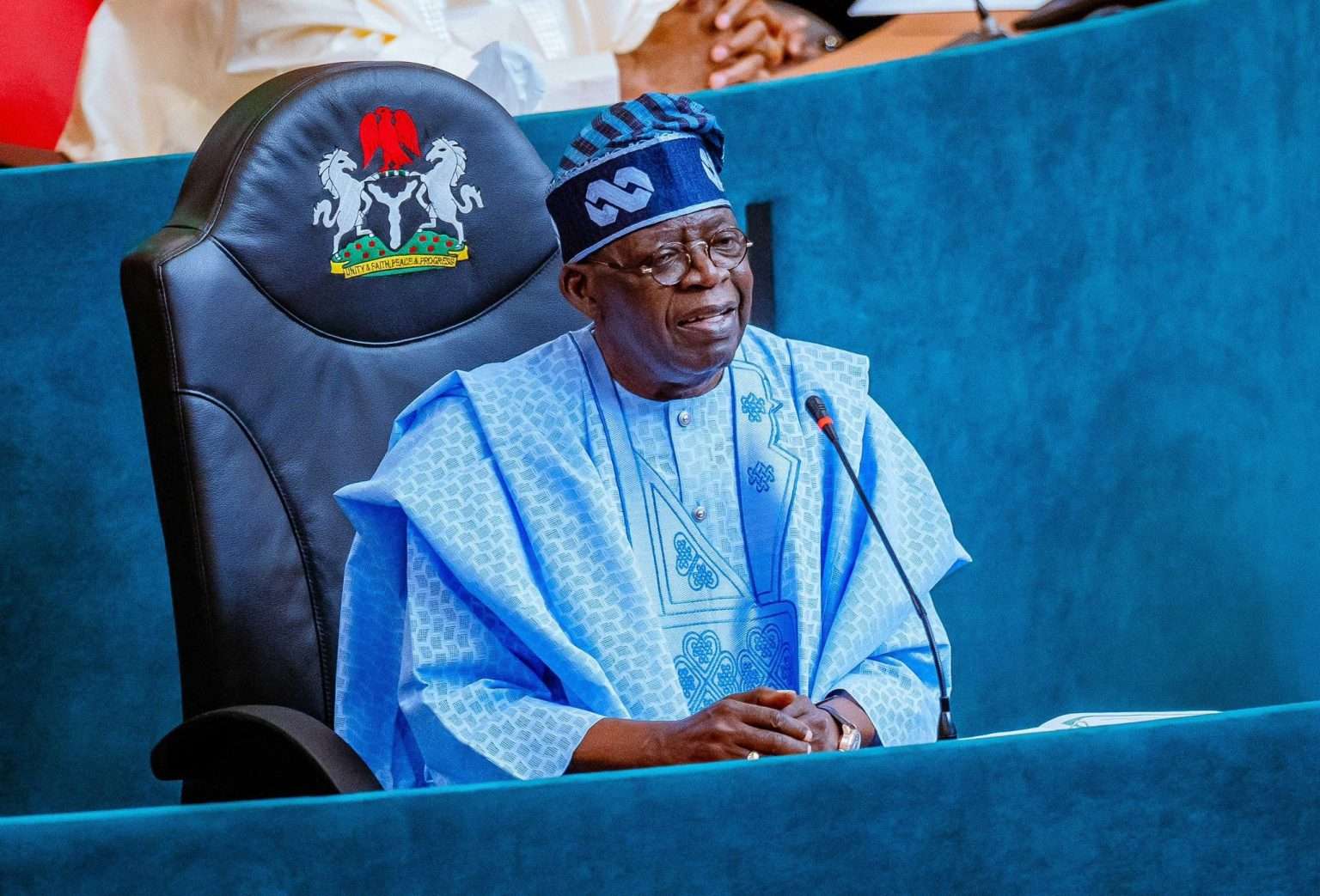Nigeria’s fiscal deficit ballooned to ₦13.51 trillion in 2024, surpassing government projections and breaching the legal limit set by the Fiscal Responsibility Act (FRA) 2007, according to the latest Budget Implementation Report from the Budget Office of the Federation.
The report showed that the deficit-to-GDP ratio climbed to 3.62%, above the statutory ceiling of 3.0%, underscoring the country’s deepening fiscal pressures amid weak revenue performance and high expenditure.
Sharp Deviation from Budget Targets
Under the 2024 Fiscal Framework, the government had projected a quarterly deficit of ₦2.29 trillion, excluding Government-Owned Enterprises (GOEs) and project-tied loans valued at ₦262.98 billion.
However, fiscal imbalances widened sharply as spending outpaced earnings throughout the year. The fourth quarter alone recorded a deficit of ₦7.17 trillion a staggering 212.68% above the prorated projection for the period.
“Overall, a total fiscal deficit of ₦13.51 trillion was recorded in 2024, representing a deficit-to-GDP ratio of 3.62%, exceeding the FRA benchmark,” the Budget Office stated.
How the Deficit Was Financed
The Budget Office revealed that the shortfall was covered through a combination of domestic and external borrowings:
₦6.06 trillion from domestic borrowing
₦3.37 trillion from foreign borrowing
₦1.98 trillion in multilateral and bilateral project-tied loans
₦3.19 trillion from budget support facilities
This heavy reliance on borrowing reflects Nigeria’s continued challenge in meeting its financing needs through internally generated revenue.
IMF Projects Deficit to Worsen in 2025
The International Monetary Fund (IMF) has warned that Nigeria’s fiscal deficit could widen further to 4.7% of GDP in 2025, driven by lower oil prices, production constraints, and reduced capital spending.
“In the baseline, staff projects a consolidated fiscal deficit of 4.7 percent of GDP in 2025 higher than the budget due to weaker oil performance,” the IMF stated in its latest country report.
By the end of the third quarter of 2024, Nigeria’s fiscal deficit had already reached ₦7.05 trillion, reflecting persistent gaps between government revenue and expenditure.
Rising Debt Burden
Data from the Debt Management Office (DMO) shows that Nigeria’s total public debt climbed to ₦152.40 trillion as of June 30, 2025, up from ₦149.39 trillion at the end of March an increase of ₦3.01 trillion (2.01%) in just one quarter.
In dollar terms, the debt stock rose from $97.24 billion to $99.66 billion, representing a 2.49% increase.
Nigeria’s debt portfolio includes obligations to countries such as China, France, Germany, and Japan, as well as multilateral institutions like the World Bank, Islamic Development Bank (IsDB), and the African Development Bank (AfDB).
On the domestic front, the government continues to owe investors through FGN Bonds, Treasury Bills, Sukuk, Green Bonds, and Promissory Notes.
Outlook
Analysts warn that the widening fiscal gap may further pressure Nigeria’s debt sustainability and limit fiscal flexibility, especially as the government pushes ahead with its infrastructure and social spending ambitions under the Renewed Hope Agenda.
With public debt inching closer to record highs and oil revenue underperforming, experts say Nigeria must ramp up tax reforms, plug leakages, and boost non-oil revenue to prevent long-term fiscal instability.




